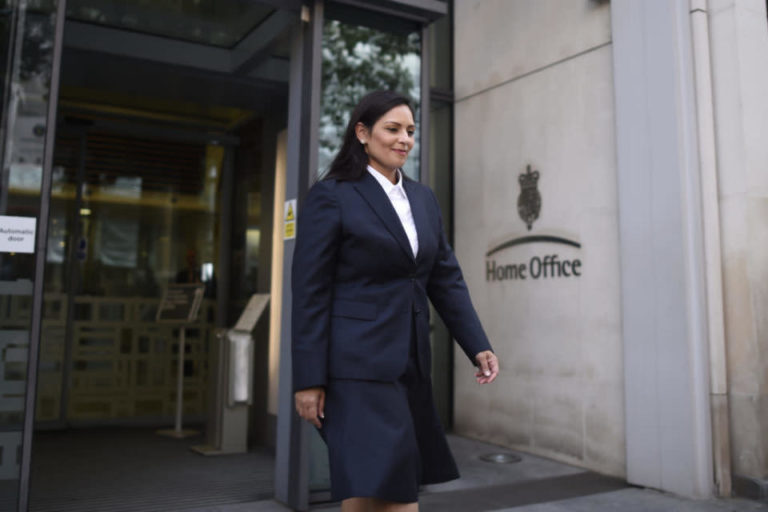

A gay man who fled disturbing conversion therapy in Gabon is surviving on just £6 a day while the Home Office considers his asylum application.
Eric, whose name has been changed to protect his identity, told the i that he escaped from Gabon in January 2020 after he was drugged, subjected to conversion therapy and threatened with prison for being gay.
Eric has now been waiting for 18 months in the UK, unable to work or find a home, while the Home Office considers his asylum application. He is provided with £40 per week by the government, just under £6 a day.
He said that at home he wasn’t openly gay, but secretly “hooked up” with other men. While being gay is not currently illegal in Gabon, it was criminalised between July 2019 and June 2020, during which time Eric fled.
He said: “My family is one strong Christian family, where homosexuality is a big ‘no no’. If you’re not ‘cured’ yet, it’s because you’re not praying hard enough, or not fasting hard enough.”
When one family member discovered that Eric was gay, he was subjected to disturbing and horrific conversion therapy.
He was drugged, and when he woke up he found himself “in a shrine with a traditional healer, half naked with a piece of cloth around my waist”.
“People were chanting,” he said. “I wasn’t fully conscious, and I didn’t know what had happened. It could have been several days, and several nights.”
He was told by his family that he had six months to find a woman to marry, before they would “fix” his sexual orientation “permanently”.
As time went on, and he did not introduce his family to a future wife, he heard that his relatives were planning on kidnapping him and sending him to prison to “teach him a lesson”.
Eric described boarding a plane to the UK, leaving his family, job and life behind, as “one of the scariest things” he’s ever done.
But delays to asylum claims because of the COVID-19 pandemic have left him in limbo.
He asked: “Will I just die in this process, in this system, this pandemic? Am I just going to be another statistic?”
A Home Office spokesperson said in a statement: “The processing of asylum claims was impacted by the global pandemic which restricted our ability to conduct interviews in person, but we have taking steps to increase capacity and have focused on improvements to deliver decisions more efficiently, including prioritising older claims and those made by vulnerable individuals.”
But Eric is not alone in his experience.
Last month, Nadim Uddin, a volunteer for the charity African Rainbow Family, which urgent support for queer asylum seekers of African heritage and other Black and Asian communities, told PinkNews: “We have some people who’ve been waiting five years.”
In 2019, it was revealed that the UK had refused at least 3,100 people who had fled nations where being queer is illegal, and were seeking asylum on this basis.
The next year, researchers from the University of Sussex found a pervasive “culture of disbelief” against LGBT+ asylum seekers both in the UK and across Europe.
Uddin added: “These people are the most vulnerable. They don’t have the right to work, they don’t have access to anything.
“It doesn’t matter what your immigration status is, your legal status is, you’re a human being.
“You should at least be able to have enough food to eat every day. We don’t want anyone to sleep on an empty stomach.”